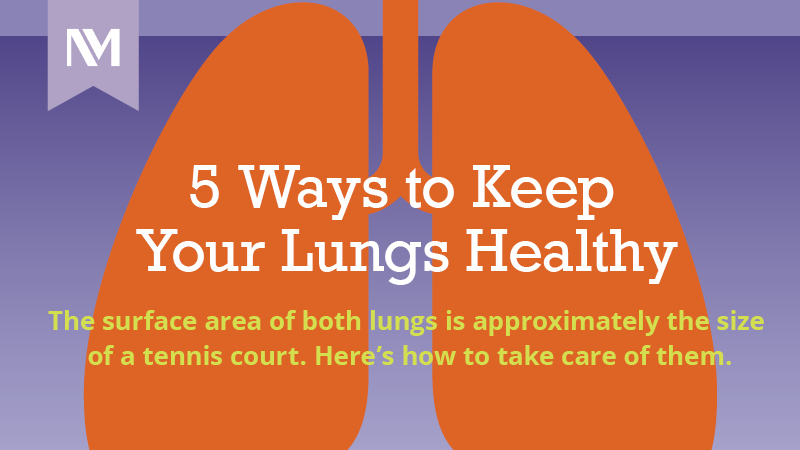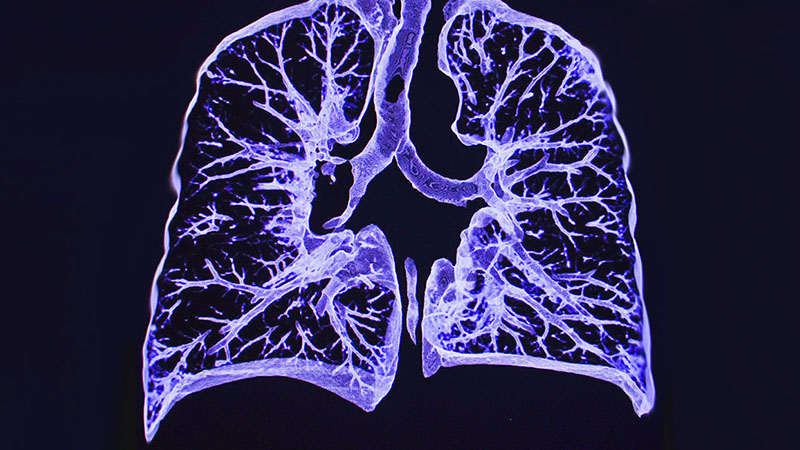Overview
What Is Chronic Obstructive Pulmonary Disease (COPD)?
Chronic Obstructive Pulmonary Disease (COPD) is a group of progressive lung diseases that block your airflow and make it difficult to breathe. Patients with COPD may have emphysema or chronic bronchitis or a combination of both.
Emphysema is a condition in which the air sacs in your lungs are gradually destroyed, reducing the surface area of the lungs and reducing the amount of oxygen that reaches your blood stream.
Chronic bronchitis is an inflammation of the airways that creates excess mucus and causes coughing, chest pain and shortness of breath.
More than 16 million Americans have COPD with varying degrees of disability. The main risk factor for COPD is smoking, but as many as a quarter of all patients have never smoked.
Without treatment, COPD can severely limit your lifestyle and lead to premature death. There’s currently no cure, but the disease is extremely treatable and preventable.



